Incarceration has further deleterious effect on accused, ensure speedy trials: SC

New Delhi: The Supreme Court has taken account of incarceration, and remarked that confinement has further deleterious effects like the scattering of families as well as loss of family bonds and alienation from society while enlarging an accused on bail in case related to the Narcotic Drugs and Psychotropic Substances (NDPS) Act.
A bench of justices S Ravindra Bhat and Dipankar Datta said, "There is a further danger of the prisoner turning to crime, "as crime not only turns admirable, but the more professional the crime, more honour is paid to the criminal" (also see Donald Clemmer's 'The Prison Community' published in 1940)." The top court said, "Incarceration has further deleterious effects - where the accused belongs to the weakest economic strata: immediate loss of livelihood, and in several cases, scattering of families as well as loss of family bonds and alienation from society."
The top court recommended that the courts have to be sensitive to these aspects (because in the event of an acquittal, the loss to the accused is irreparable), and ensure that trials in cases, where special laws enact stringent provisions, are taken up and concluded speedily.
The top court mentioned a Kerala High Court ruling which describes prisonisation, saying, "The danger of unjust imprisonment, is that inmates are at risk of "prisonisation". According to Kerala High Court prisonisation is defined as losing own identity inside the jail and known by number, loss of personal relationships and suffering from Psychological problems."
"It would be important to reflect that laws which impose stringent conditions for grant of bail, may be necessary in public interest; yet, if trials are not concluded in time, the injustice wrecked on the individual is immeasurable," the court said, pointing out that jails are overcrowded and their living conditions, more often than not, appalling.
"According to the Union Home Ministry's response to Parliament, the National Crime Records Bureau had recorded that as on December 31, 2021, over 5,54,034 prisoners were lodged in jails against total capacity of 4,25,069 lakhs in the country. Of these 122,852 were convicts; the
rest 4,27,165 were undertrials," the court noted.
The court made the remarks while granting bail to one Mohd Muslim alias Hussain, who is in custody since his arrest in October 2015.
Mohd Muslim was represented by advocates Tanya Agarwal, Ajay Singh, and Shubhangi Tuli.
Tanya Agarwal, the counsel appearing on behalf of the appellant, urged that the period of long incarceration entitled the appellant to being granted bail.
She added that 34 more witnesses were yet to be examined, with little or no progress on the trial since the high court's direction to expedite the trial.
She also pointed out that the main accused, Virender Singh alias Beerey, and another co-accused Nepal Yadav, had both already been granted bail by the high court.
Advocate Tanya Agarwal put forward a strong argument for bail on the ground of parity.
Additional Solicitor General of India, Vikramjit Banerjee, appearing for the state, strongly opposed the grant of bail, citing Section 37 of the NDPS Act.
The prosecution alleged that on September 28, 2015, based on secret information
received by the police, a raid was conducted, leading to the arrest of four accused persons -- Nitesh Ekka, Sanjay Chauhan, Sharif Khan, and Virender Shakiyar, who were alleged to be in possession of 180 kgs of ganja.
During the investigation, the accused Nitesh Ekka was taken to Chhattisgarh for identification of the co-accused.
On his inputs, the appellant Mohd. Muslim was arrested on the intervening night of October 3-4, 2015.
Pursuant to further investigation, three other co-accused were also arrested.
The prosecution's case was that Virender Singh would purchase ganja and make transfers to the bank accounts belonging to Mohd. Muslim, Shantilal Tigga and Nitesh Ekka, and their friends and families, before further supplying the ganja to Nepal Yadav.
On February 29, 2016, the chargesheet was filed and on July 5, 2016, charges were framed against the appellant and other co-accused.
Muslim's bail was rejected by the trial court as well as Delhi High Court. Thereafter, he approached the Supreme Court for bail.
"Grant of bail on ground of undue delay in trial, cannot be said to be fettered by Section 37 of the Act, given the imperative of Section 436A which is applicable to offences under the NDPS Act too (ref. Satender Kumar Antil supra). Having regard to these factors the court is of the opinion that in the facts of this case, the appellant deserves to be enlarged on bail," the SC said. (ANI)

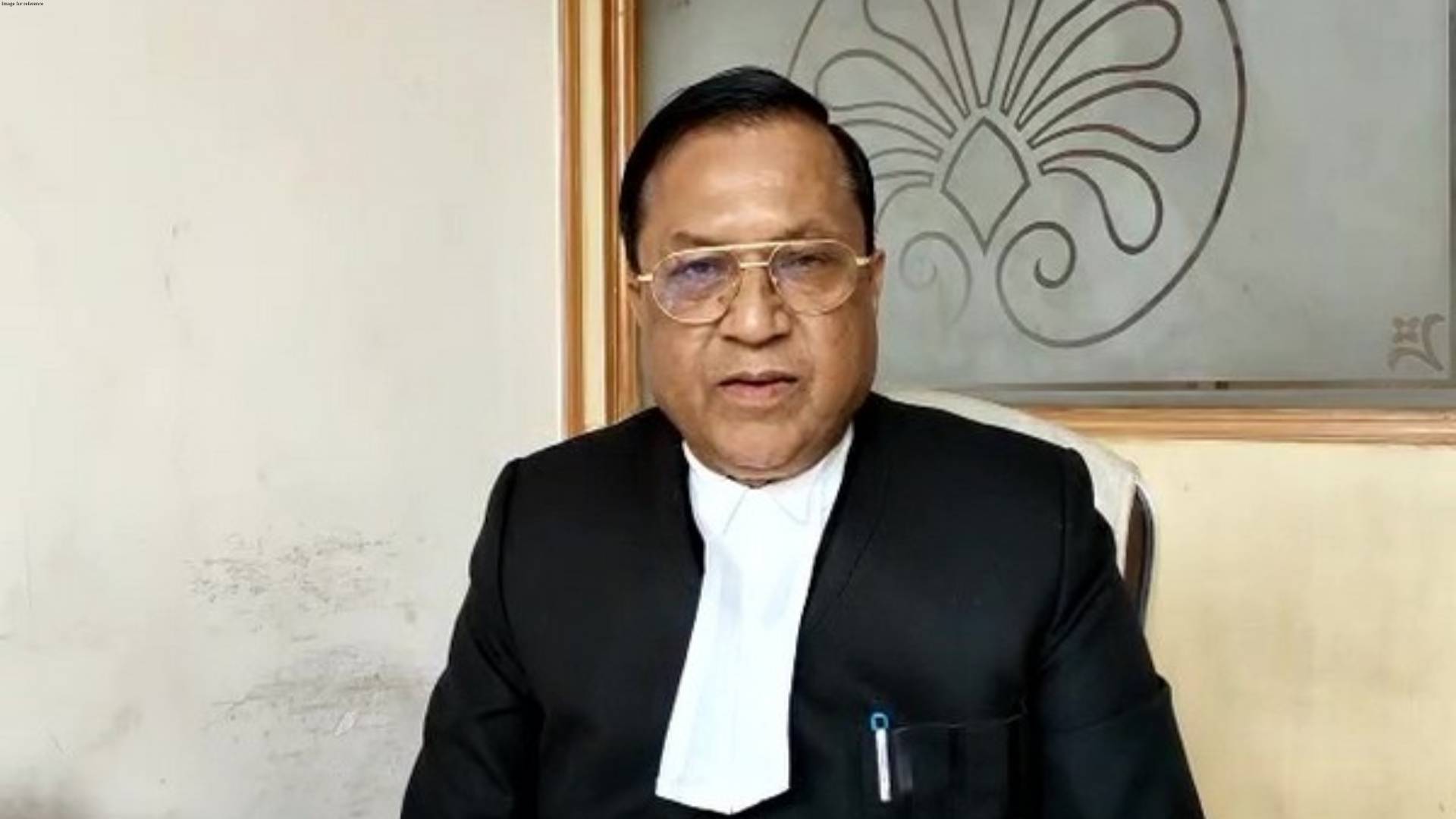
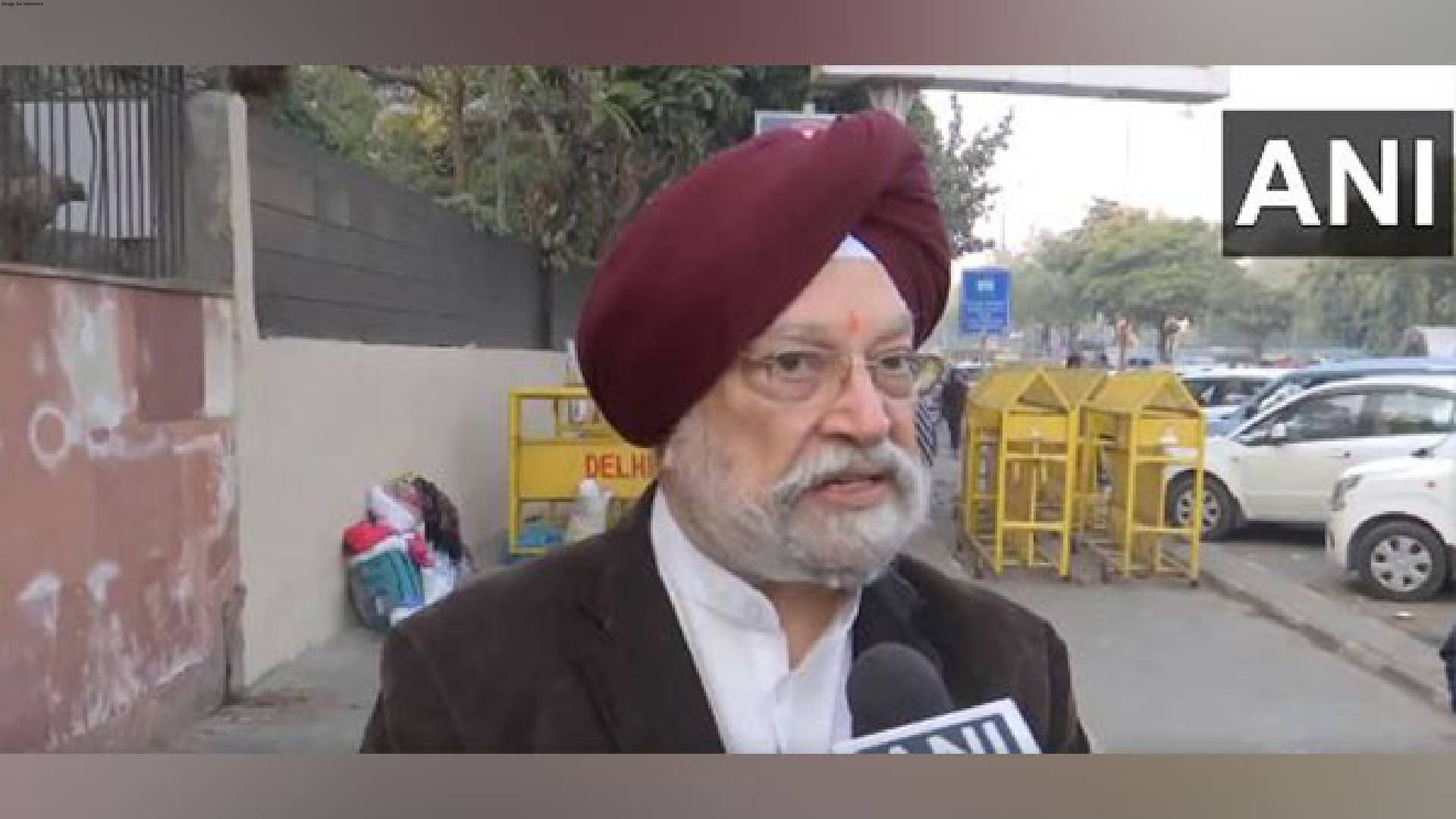

.png)

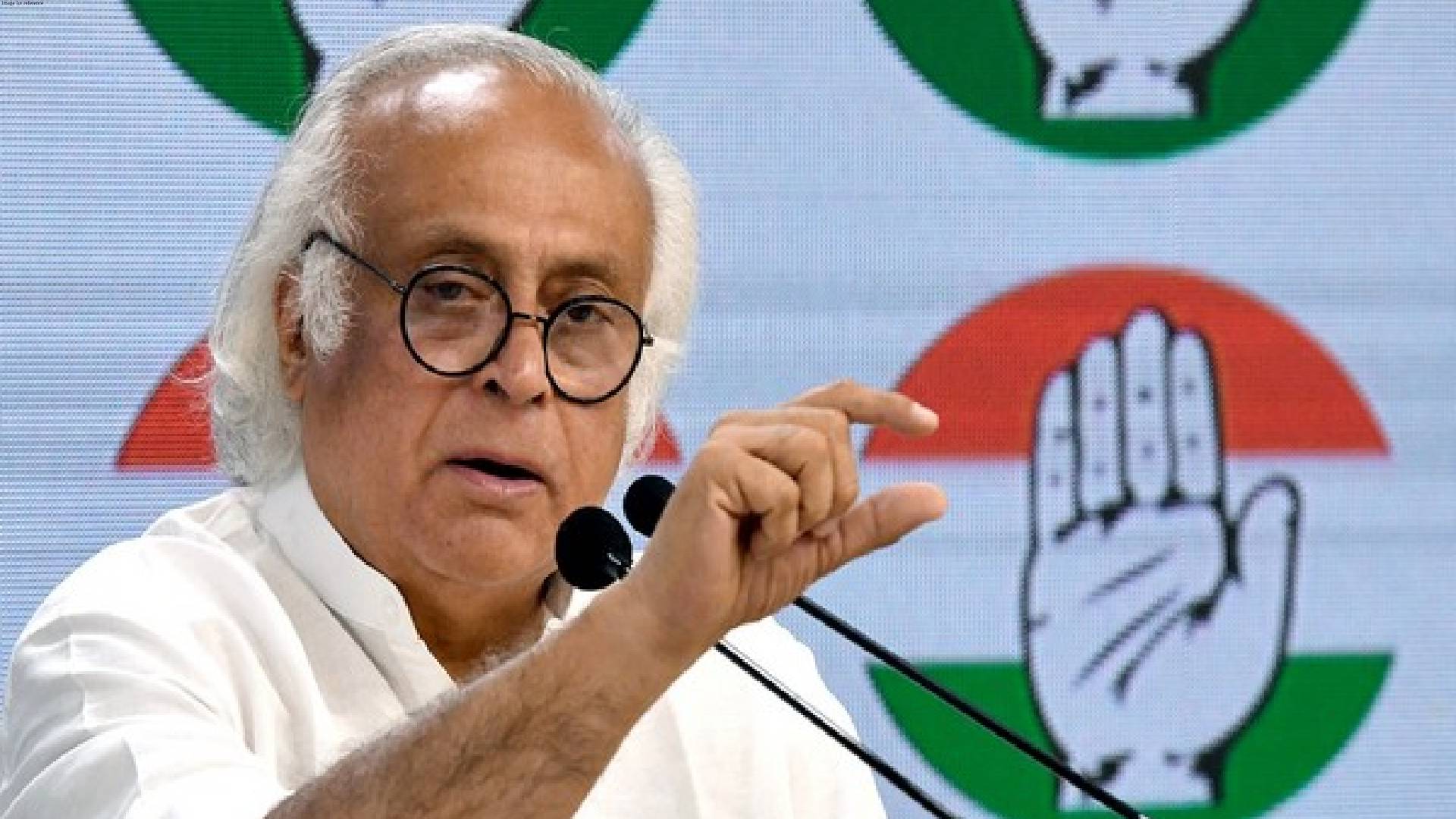
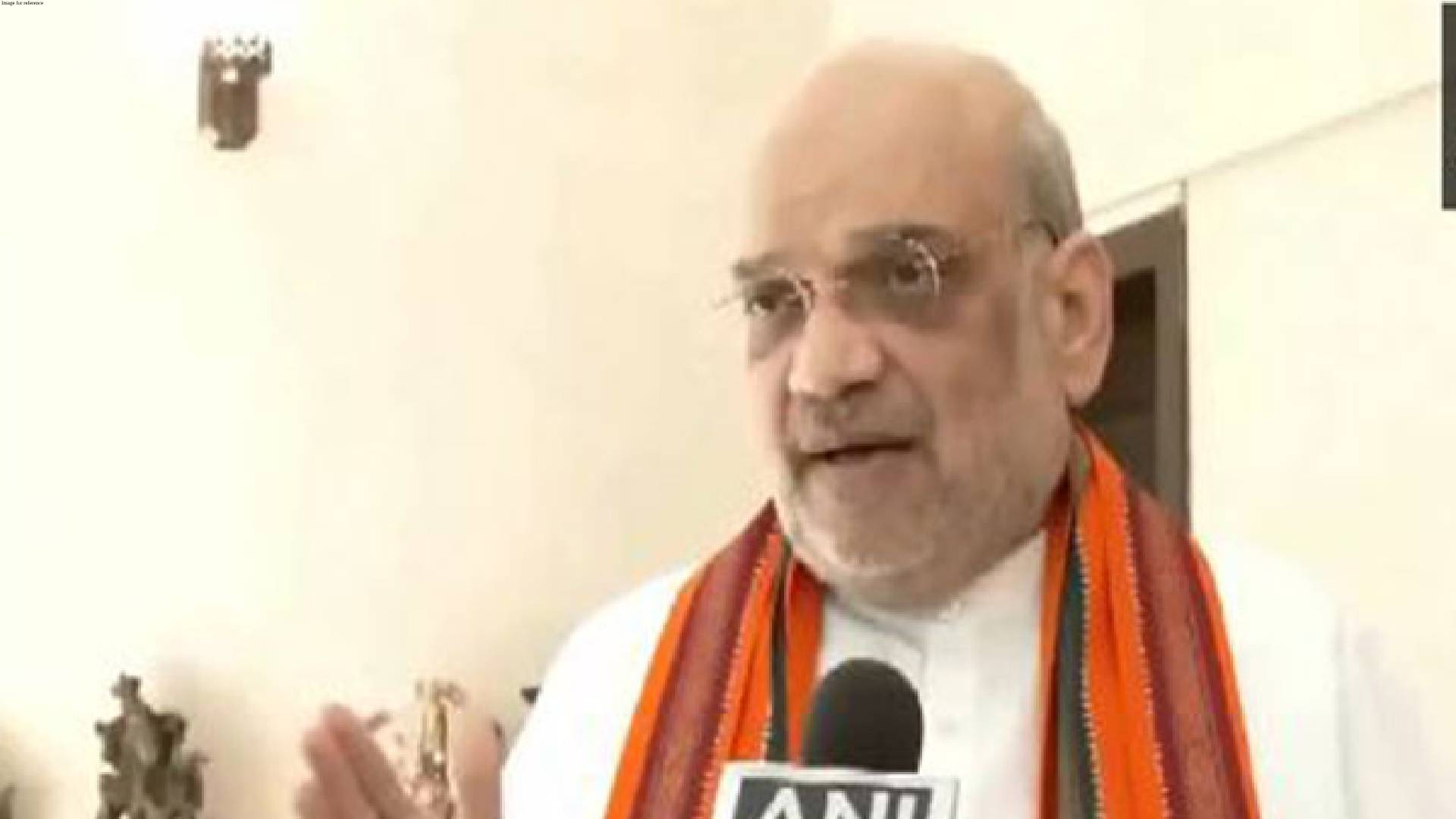
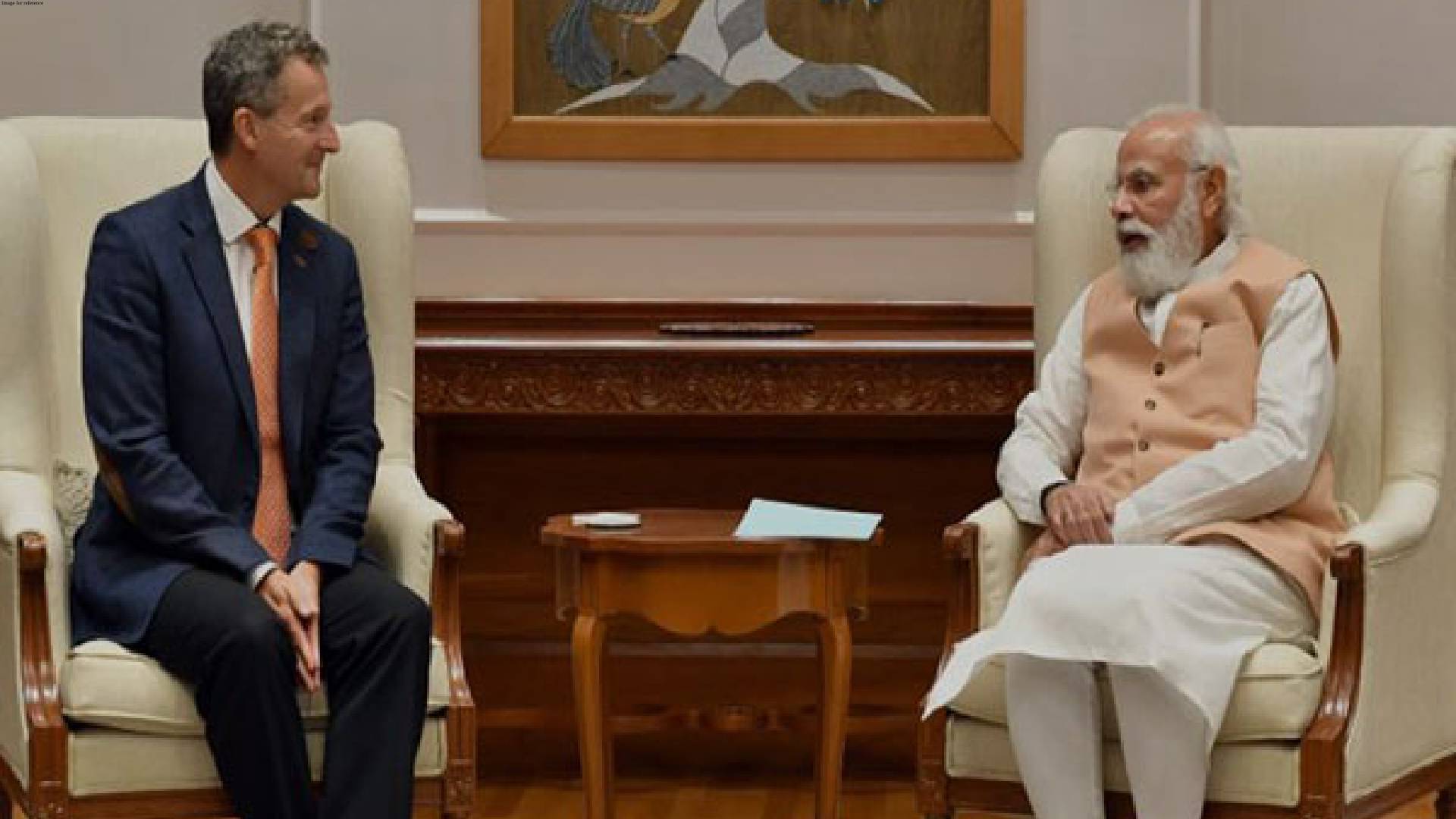
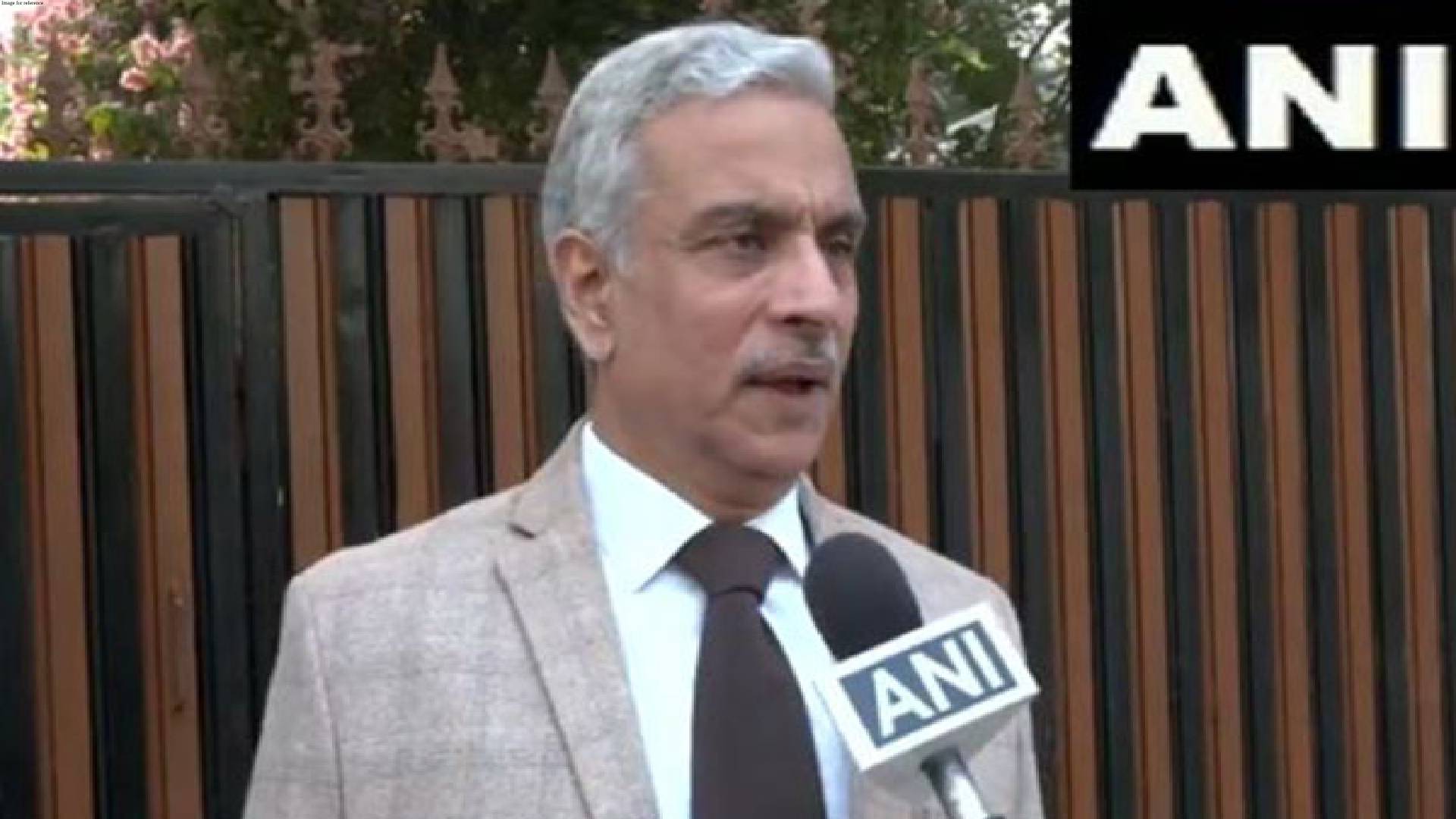
.jpg)





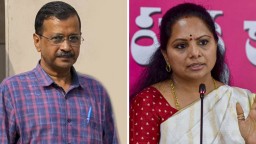
.jpg)


.jpg)
